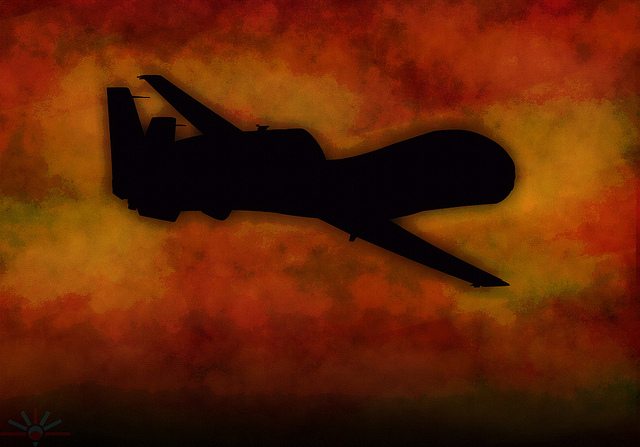
July 17, 2015; WSLS-TV (Abington, VA)
NPQ has written previously about nonprofits that are experimenting with the use of drones. This story, too, comes with a sense of foreboding derived from the conviction that drones are far more likely to be used against civil society than for it. But personal feelings aside, on Friday, the first FAA-approved drone deliveries were made—in this case, transporting packages of medical supplies to an annual health fair in Wise County, Virginia, which is in the middle of Appalachian coal country.
Sign up for our free newsletters
Subscribe to NPQ's newsletters to have our top stories delivered directly to your inbox.
By signing up, you agree to our privacy policy and terms of use, and to receive messages from NPQ and our partners.
The effort is purportedly looking at the effectiveness of this form of transport for pharmaceuticals and other supplies, particularly in disaster and humanitarian relief. It’s part of a research project led by Virginia Tech and the Mid-Atlantic Aviation Partnership. There were more than a dozen partners on the testing team, including NASA’s Langley Research Center, Appalachian College of Pharmacy, Rx Partnership, SEESPAN Aerial Interactive Media, and Wise County Economic Development.
Among the vehicles tested were a small hexacopter weighing less than 10 pounds and NASA’s SR-22, an aircraft that does have a pilot on board for safety but is remotely operated. All together, Health Wagon, a healthcare outreach organization, and Remote Area Medical received 24 packages of supplies over several hours.
So why does this feel like an odd PR stunt of some kind? Maybe because Frank Jones, deputy director of NASA Langley’s Research Services Directorate, took the moment to declare that drones are here to stay. “We need to find out how to utilize them in the right way,” he said. “The more we do this, the more we’re educating the public on how they can be used, and we’re finding out how to do that safely.”—Ruth McCambridge












